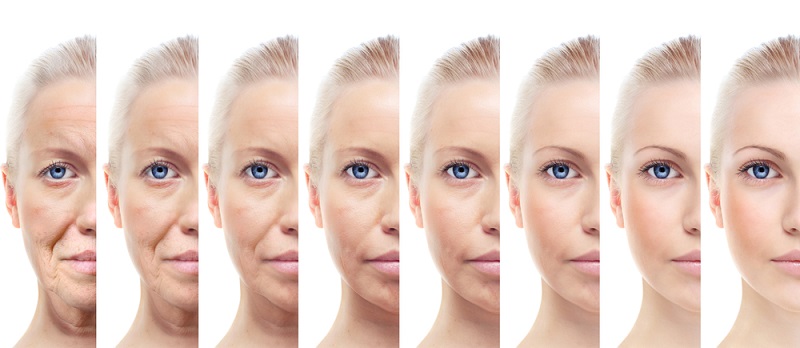You are here
- Home
- Research
- Forensic Cognition
- Research Projects
- Recognition of the Ageing Face
Recognition of the Ageing Face

Academic team: Dr Sarah Laurence (PI), Dr Laura Sexton
Faces change in their appearance over time both in terms of their shape and texture. The central aim of this ESRC-funded project is therefore to determine how we recognise faces across substantial changes in appearance, which has implications in security and forensic settings.
We can recognise the faces of our friends and family across a huge range of conditions. However, despite decades of research, we still do not know how this is achieved. One clue - so far unstudied - arises from our perception of faces as they age. For those around us, we typically only notice face changes when shown an old picture. For famous people, some have spent a lifetime in the public eye (The Queen, Paul McCartney) whereas others are famous for more limited times periods (Angela Merkel, Meghan Markle). How do we represent these people in order to recognise them? This project will study the psychological mechanisms that allow us to recognise the same face across substantial changes.
Changes over time are also a problem for unfamiliar face processing. For example, our passports can be up to ten years old, and yet a viewer checking our identity must nevertheless make the match. It has been known for many years that unfamiliar face matching is difficult, and it becomes more difficult with larger time intervals between photos. In this project I will study this problem, and establish the circumstances under which unfamiliar face recognition is prone to age changes, and how this is mitigated by the method of presentation (for example, should a younger image be presented before an older image?). We know that some people are particularly good at unfamiliar face recognition - people known as super-recognisers are employed in some police and security settings. However, we do not know whether these people are especially good at generalising photos across age ranges. In sum, the project examines face recognition across changes in age, using this natural process as an opportunity to gain understanding of a fundamental human ability - our ability to recognise one another.
How to get involved:
If you’d like to find out more about the project or how to get involved, then please contact Dr Sarah Laurence.